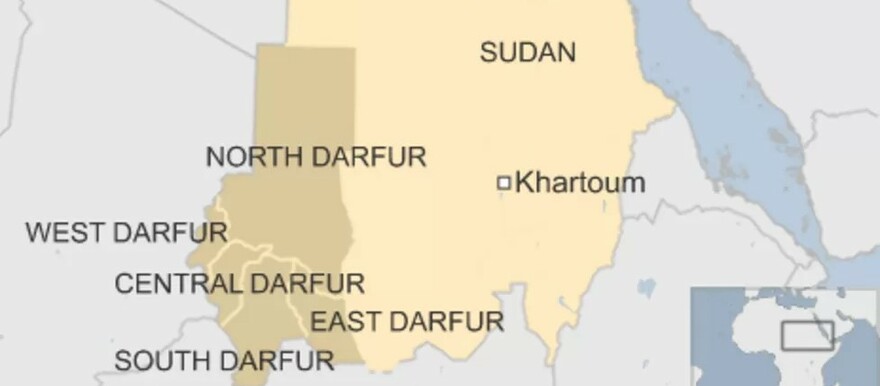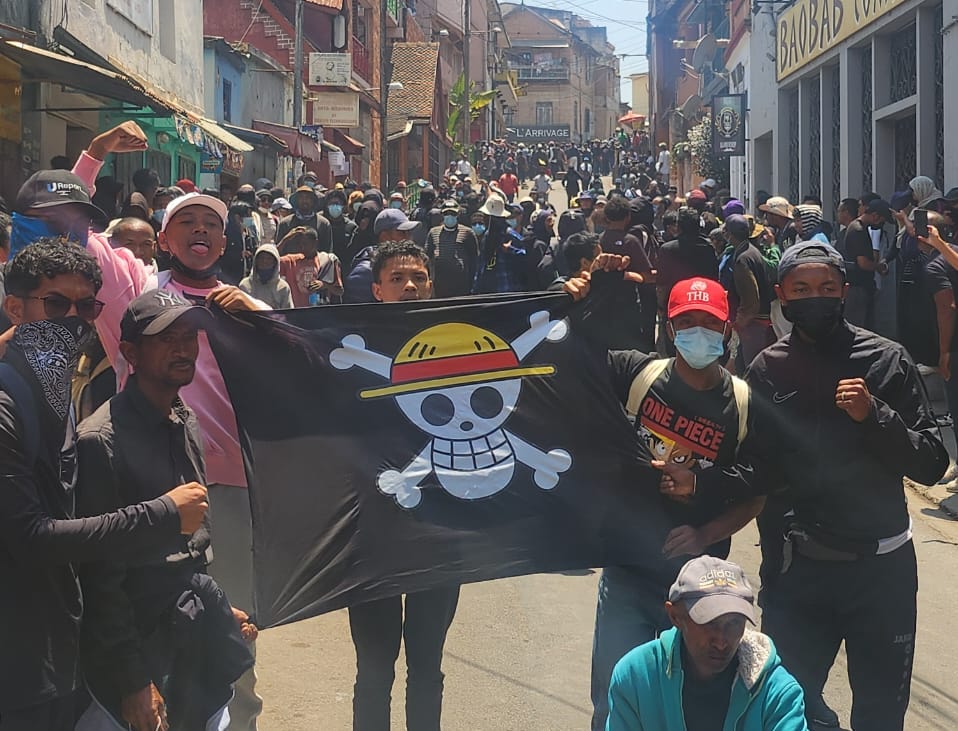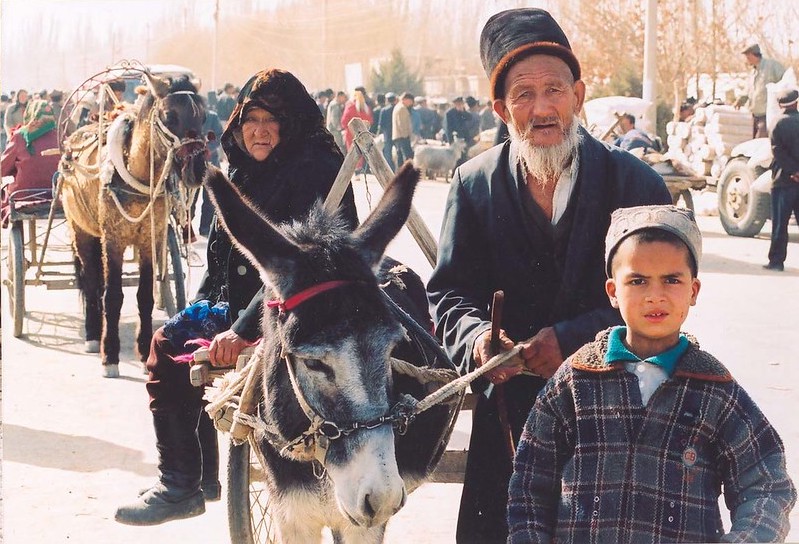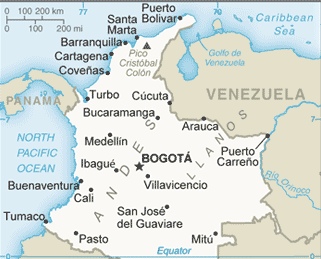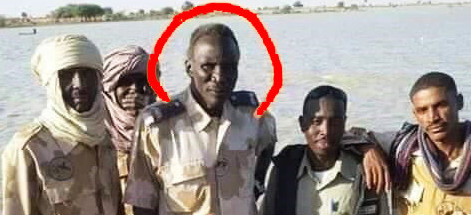
ICC convicts ex-militia leader of Darfur war crimes
The International Criminal Court (ICC) convicted Ali Kushayb, a former Sudanese militia chief, on 27 counts of war crimes and crimes against humanity for his role in massacres and atrocities in Darfur region in 2003 and 2004. Guilty verdicts included for the war crimes of torture, murder and rape, as well as multiple crimes against humanity, including forcible population transfers. The ICC Trial Chamber found that Kushayb, as a senior commander in the Janjaweed militia, led a campaign of atrocities during the Darfur conflict, with witnesses describing razed villages, mass executions, and gang rapes used as a weapon of war. Sentencing will take place at a later date, with a maximum penalty of life imprisonment. (Photo via Radio Dabanga)



